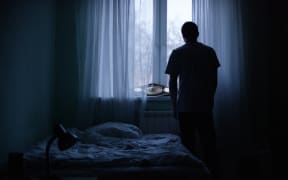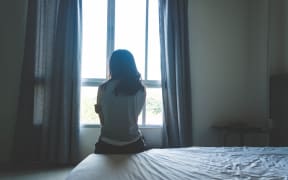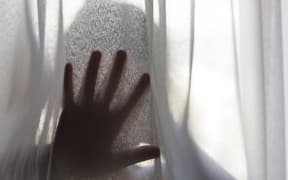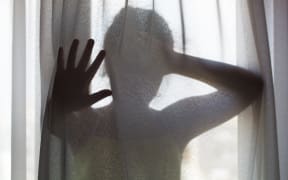Career criminal Arthur Taylor has told the Royal Commission investigating abuse he never would have messed with the law if he hadn't been placed in state care.
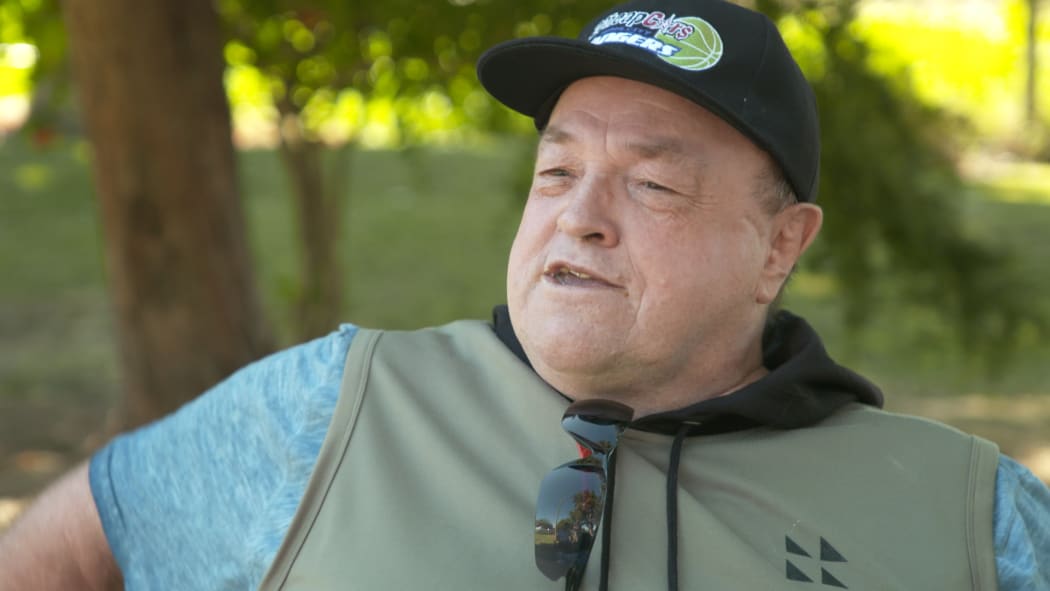
Jailhouse lawyer Arthur Taylor, who was released on parole yesterday. Photo: RNZ
The 63-year-old is one of twenty-eight witnesses giving evidence to the inquiry over the next fortnight.
Mr Taylor told the inquiry staff at the state-run boys' home he was placed in were violent and abused their power over the children.
Arthur Taylor is one of this country's longest-serving prisoners, having spent almost his entire adult life behind bars.
The 63-year-old first appeared in court in 1972 on a forgery charge and has accumulated more than 150 convictions since.
Mr Taylor was released on parole earlier this year after serving 14 years behind bars and spoke to the Royal Commission, as a free man.
"Well I can say, without a shred of doubt, that if I hadn't ended up in that Epuni Boys' Home I would never have interacted with the criminal justice system."
Arthur Taylor was 11 when he was taken to Epuni Boys' Home, a state-run institution in Lower Hutt, in the late 1960s. He was taken there after he was caught wagging school.
"Well I was, I suppose, quite well ahead of the other students in my class and school got quite boring for me at times and I actually used to learn at my own pace, so I'd quite often take days off school and go out to the local library, because we didn't have the internet in them days, and learn up there out of books and things."
Unlike other boys he was never sexually abused but often experienced other forms of violence, Mr Taylor said.
"They had a massive leather strap that they used to really whip you with. Now, I remember one night I was in the showers and I'd been whacked with a strap several times, obviously for some transgression, and one of the other boys said 'look at those big welts up your back, Arthur'.
"There were massive red welts, you know, from the strap so they'd been belting the hell out of my back with this leather strap and that was like a punishment there."
Mr Taylor recalled some children disappearing every Sunday and being sexually assaulted by staff in their private accommodation.
Younger children were also sexually assaulted by older children at the home and staff didn't stop them, he said.
Mr Taylor told the inquiry children at the boys' home were ruled by fear.
"You just didn't know what they could do to you. That was one of the big things about it, you just didn't know what they could or could not do to you and they led you to believe they could do anything, that you were right in their power."
Other boys at the home would go out and steal cars but he wasn't interested, he said.
"I'd steal bottles and vegetables out of people's gardens, rather than commit burglaries and crimes like some of the other kids ... would do.
"Crime was still abhorrent to me and wasn't on my radar stream."
But after three separate stints at the home he said something changed.
"Well the third time I started absconding with other kids and they'd steal cars and we'd get arrested by the police and then I'd come into contact with the police and end up in their cells, things like that.
"I started to really take a dislike to the police because of the way they used to treat me and that's I guess when it started."
Mr Taylor is adamant up until then, his experience with the police had been limited.
"I used to do the early Dominion run and I'd come across a police helmet one morning. There had been a fight the night before, one of the police had lost his helmet so I dutifully took it up to the police station and handed it over.
"That's my only interaction with the police up until that point, I didn't have any dealings with them whatsoever and neither did any of my family either."
He told the inquiry something needs to be done for abuse victims who have ended up jail.
"I think some sort of special procedural process should be set up in relation to prisoners who went through this process and it can be reasonably established they probably wouldn't be in there if they hadn't gone through the state-care system, in other words their lives would be completely different."
The hearing will resume in Auckland this morning.

